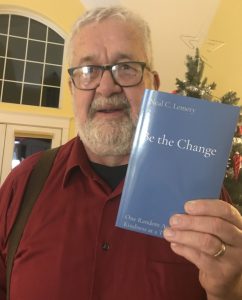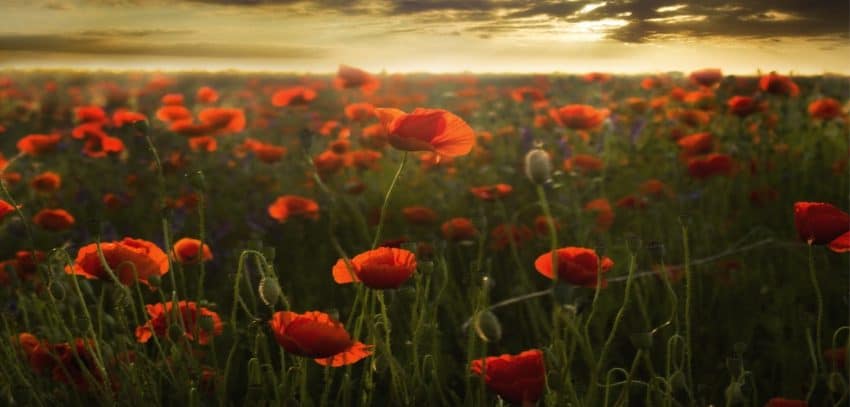
By Neal Lemery
Memorial Day is an awkward holiday for me, celebrated publicly for the three day weekend, the winding down of school and planning for summer fun. Our culture celebrates the beginnings of barbeques and picnics at the beach, family gatherings, and the official beginning of summer.
Yet, it is a time of reflection and sadness for me, a time to recall the lives of ancestors who fought and often died in war; a time to recall personal sacrifices for the common good, of conflict waged for the hoped for betterment of humankind. Memorial Day is a way to honor that, but we are more likely to ignore the reality of war, death and sacrifice. It is, instead, a day of disconnectedness and apathy.
Not many people are alive now who remember my grandfather. He lived a rich and fulfilling life as a farmer, taking pride in a well-managed dairy farm and helping to raise a family. He was reluctant to talk about his life and it took 20 years for me to gather the details.
The twelfth child of a German dairy farmer, he was drafted into the Kaiser’s army at the beginning of World War I, and sent to the Russian front. The Russians captured him, and he spent three years in a prisoner of war camp. He joined other soldiers in making their escape in the middle of a bitterly cold winter. One of the few stories he told was of walking through the snow, living off frozen potatoes, as they headed west towards home. He would weep silently at holiday meals, cherishing the bounty of the table, and the warmth of his home, only once mentioning that some of his fellow soldiers froze to death during their escape.
I’ve stood in cemeteries and war memorials, stunned by the thousands of tombstones; the tales of wars now only honored in dusty books and marked by mossy granite monuments. I try to make sense of it all. I listen to the stories of my own generation who went to war, some not coming back, others deeply affected by the horrors they experienced. And, I keep seeing the debris of traumatized lives who fought in newer wars, still trying to find some sense, some higher justification for their sacrifice.
When I was a kid, many people called the day Decoration Day, a term left over from after the Civil War, when people gathered flowers and went to cemeteries to honor the soldiers who died in that war.
Memorial Day is a day where I am out of sorts. Firing up the barbeque and putting the flag up on the side of the house are part of my rituals for the day, but I find no peace, no action that gives me satisfaction for this day. I remember my grandfather, who chose to be mostly silent about his service in a nearly forgotten war. As I peel the potatoes for dinner, I remember his story, and can feel the icy cold of a Russian potato field in the middle of winter, a memory told and, over a hundred years later, still remembered.
And, every year, I read this poem, written by a soldier trying to put his tears into print, to try to make sense of the horrors and casualties of war. I cry as I read it today, the words raw and bloody still. When I stood in a cemetery in France, overlooking headstones in fields that seemed endless, I read this poem, engraved in marble, speaking its truth to me and all those who came after me — to honor and to remember.
In Flanders Fields
BY JOHN MCCRAE
(1918, public domain)
In Flanders fields the poppies blow
Between the crosses, row on row,
That mark our place; and in the sky
The larks, still bravely singing, fly
Scarce heard amid the guns below.
We are the Dead. Short days ago
We lived, felt dawn, saw sunset glow,
Loved and were loved, and now we lie,
In Flanders fields.
Take up our quarrel with the foe:
To you from failing hands we throw
The torch; be yours to hold it high.
If ye break faith with us who die
We shall not sleep, though poppies grow
In Flanders fields.

Books: NEW book – BE THE CHANGE – One Random Act of Kindness at a Time; Neal’s other books include: Building Community: Rural Voices for Hope and Change; Finding My Muse on Main Street, Homegrown Tomatoes, and Mentoring Boys to Men


